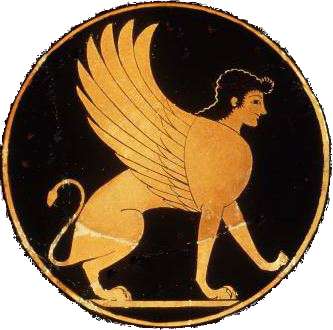The CMU Pronouncing Dictionary
 The CMU Pronouncing Dictionary
The CMU Pronouncing Dictionary
query |
phonemes |
about |
|
Speech at CMU |
Speech Tools
 Look up the pronunciation for a word or phrase in CMUdict (version 0.7b)
Look up the pronunciation for a word or phrase in CMUdict (version 0.7b)
 ARCHIVE
ARCHIVE AA R K AY V
.
AA R K AY V
.
 Download the current CMU dictionary from SourceForge and GitHub
Download the current CMU dictionary from SourceForge and GitHub
Note:
If you are looking for a dictionary for use with a speech recognizer,
this dictionary is not the one that you are looking for.
For that purpose, see
 About the CMU dictionary
About the CMU dictionary
The Carnegie Mellon University
Pronouncing Dictionary is an open-source machine-readable pronunciation dictionary for North American English
that contains over 134,000 words and their pronunciations. CMUdict is being actively maintained and
expanded. We are open to suggestions, corrections and other input.
Its entries are particularly useful for speech recognition and
synthesis, as it has mappings from words to their pronunciations in
the ARPAbet phoneme set, a standard for English pronunciation. The
current phoneme set contains 39 phonemes, vowels carry a lexical
stress marker:
0 — No stress
1 — Primary stress
2 — Secondary stress
Bear in mind that this is a dictionary. If your word is not in the dictionary (or was misspelled)
nothing will be returned. This also applies to items such as numbers; you should spell out what you need.
This tool will try to come up with pronunciations for words not in the dictionary. Please feel free to send word suggestions or point to errors inpronunciation. Bear in mind the language changes over time, in particular novel words may not be in the dictionary; you can make suggestions for ones that seem to be here gor a while.
 Phoneme Set
Phoneme Set
The current phoneme set has 39 phonemes, not counting varia due to lexical stress.
This phoneme (or more accurately, phone) set is based on the ARPAbet symbol set developed
for speech recognition uses.
You can find a description of the ARPAbet on Wikipedia,
as well information on how it relates to the standard IPA symbol set. If you check off the stress box you will get a pronunciation in which vowels are annotated (see above). Stress is difficult to get right and people disagree about it. There are words in the language that differentiate by stress (e.g. PR'OGRESS PROGR'ESS).
Phoneme Example Translation
------- ------- -----------
AA odd AA D
AE at AE T
AH hut HH AH T
AO ought AO T
AW cow K AW
AY hide HH AY D
B be B IY
CH cheese CH IY Z
D dee D IY
DH thee DH IY
EH Ed EH D
ER hurt HH ER T
EY ate EY T
F fee F IY
G green G R IY N
HH he HH IY
IH it IH T
IY eat IY T
JH gee JH IY
K key K IY
L lee L IY
M me M IY
N knee N IY
NG ping P IH NG
OW oat OW T
OY toy T OY
P pee P IY
R read R IY D
S sea S IY
SH she SH IY
T tea T IY
TH theta TH EY T AH
UH hood HH UH D
UW two T UW
V vee V IY
W we W IY
Y yield Y IY L D
Z zee Z IY
ZH seizure S IY ZH ER
This cgi was created by kevin lenzo,
and the source code is freely available.
For correspondence about this interface, including
options you'd like to see, please email
air -at ´cs‘cmu→ εdυ
 The CMU Pronouncing Dictionary
The CMU Pronouncing Dictionary The CMU Pronouncing Dictionary
The CMU Pronouncing Dictionary Look up the pronunciation for a word or phrase in CMUdict (version 0.7b)
Look up the pronunciation for a word or phrase in CMUdict (version 0.7b) ARCHIVE
ARCHIVE AA R K AY V
.
AA R K AY V
. Download the current CMU dictionary from SourceForge and GitHub
Download the current CMU dictionary from SourceForge and GitHub About the CMU dictionary
About the CMU dictionary Phoneme Set
Phoneme Set